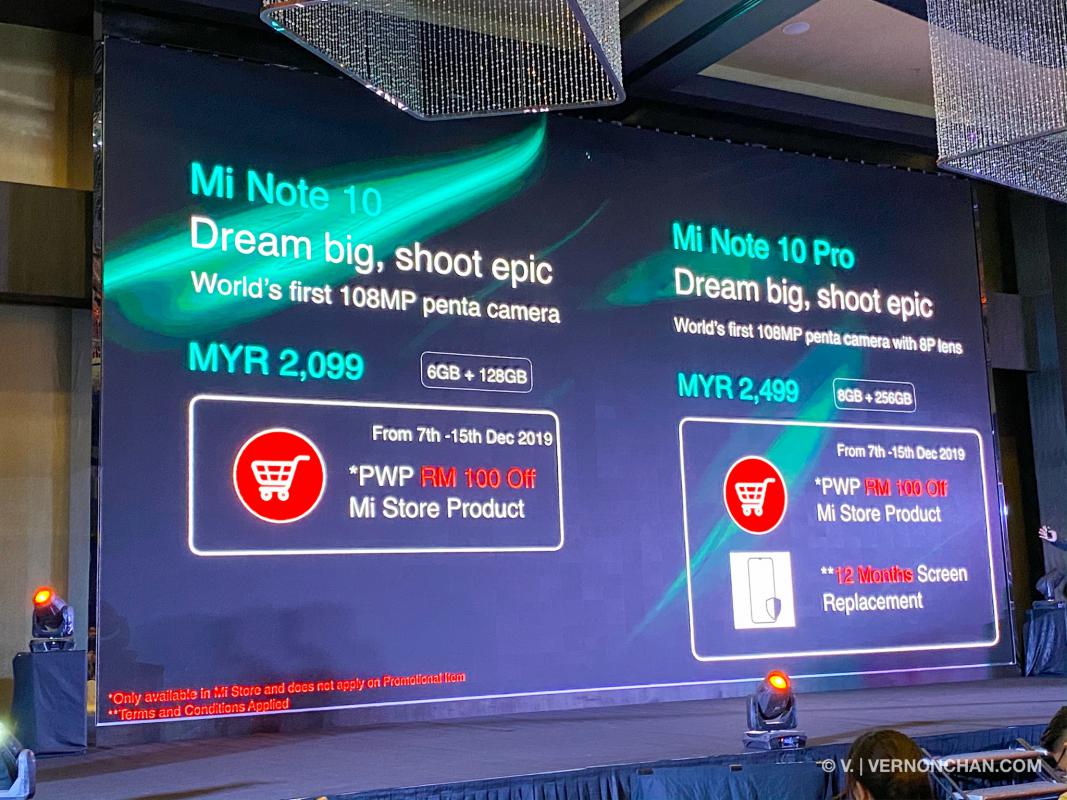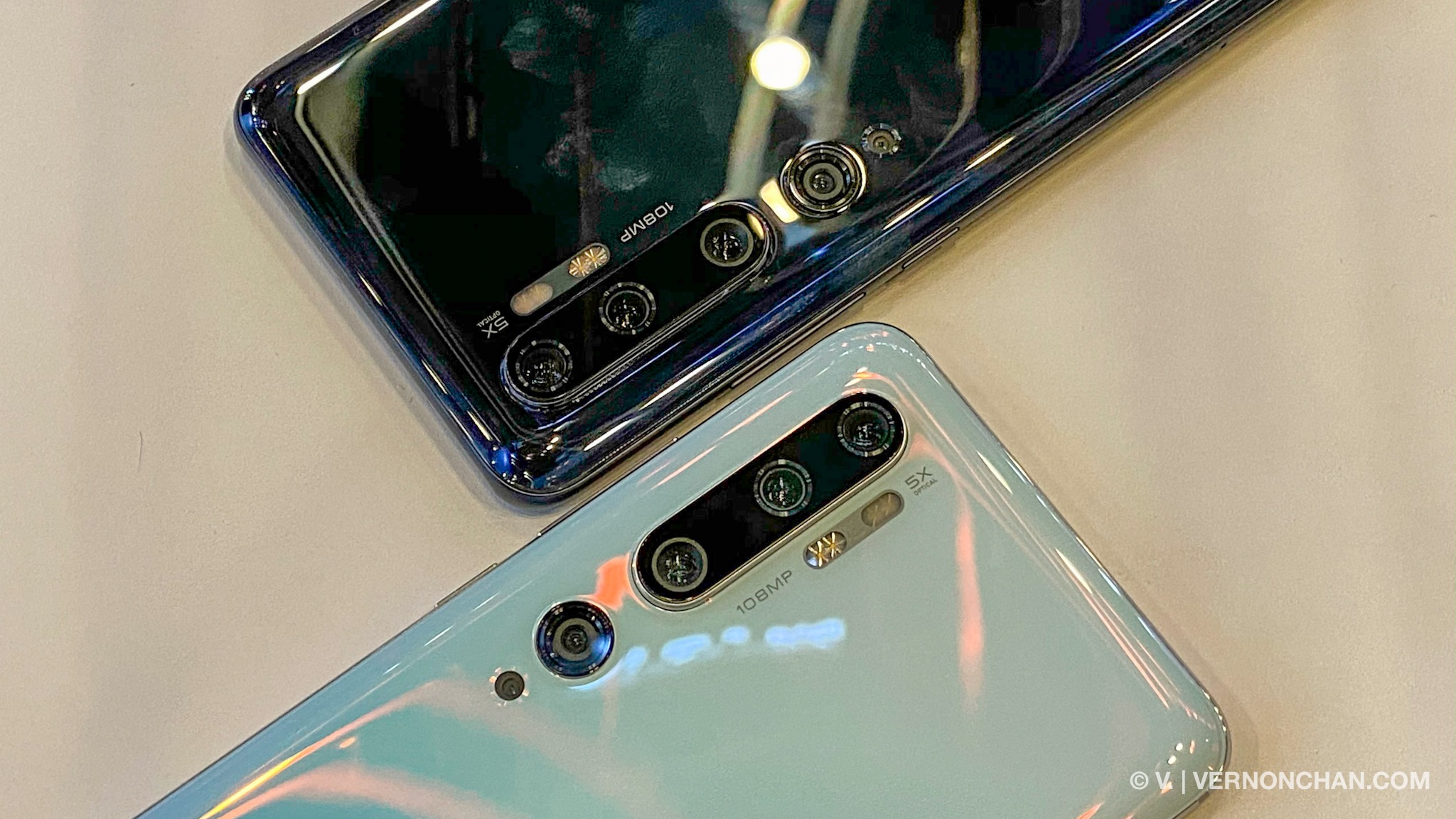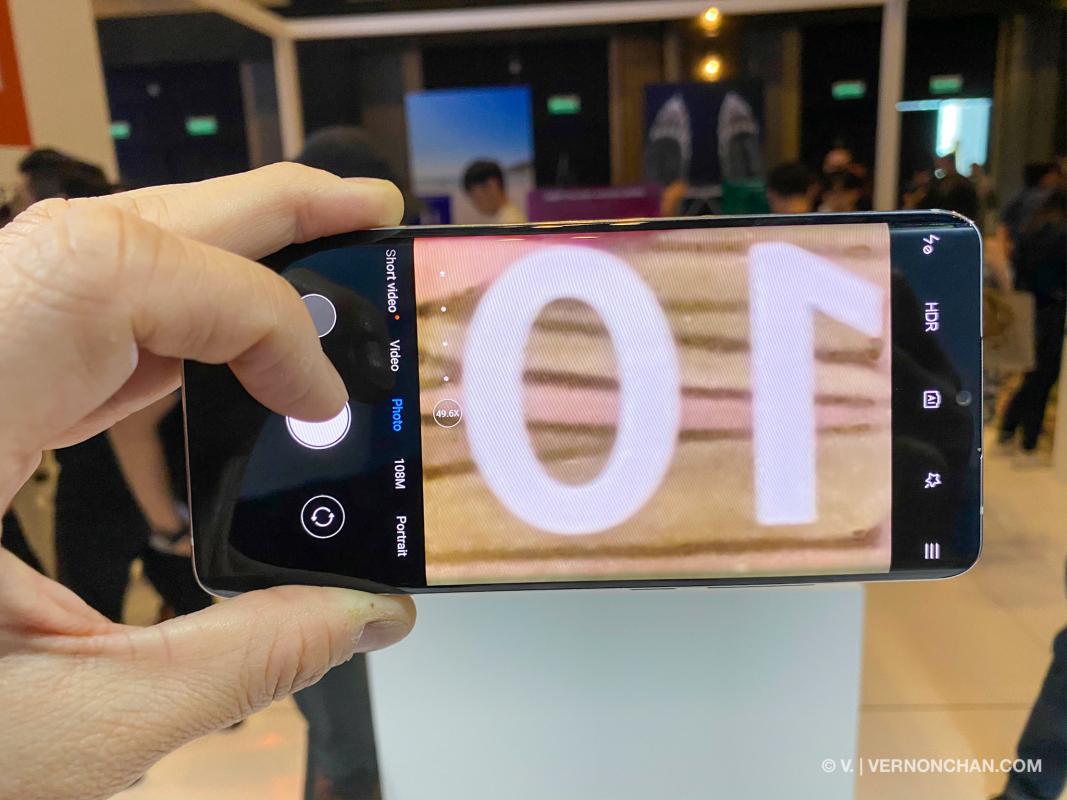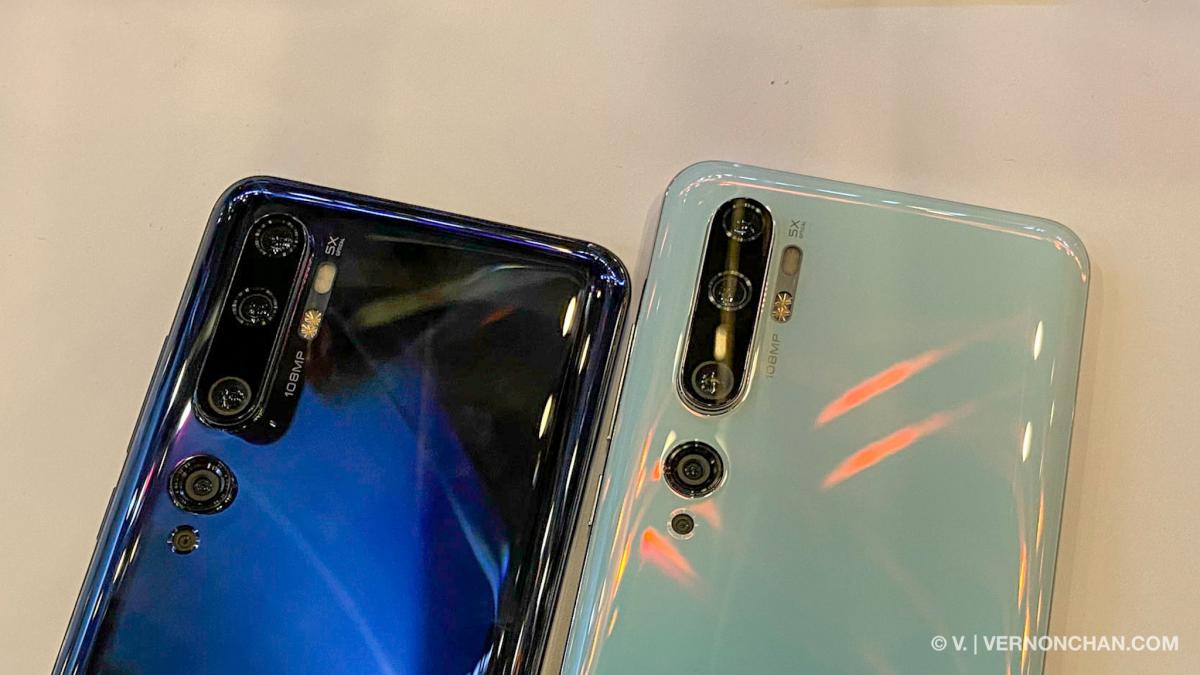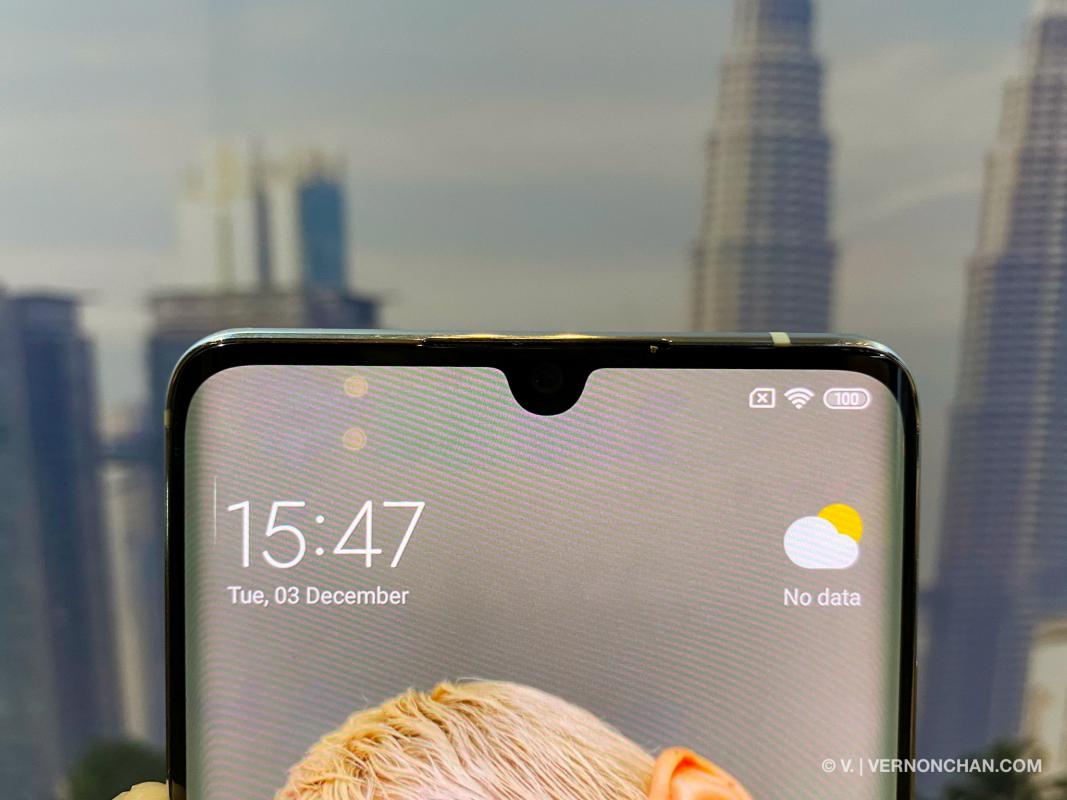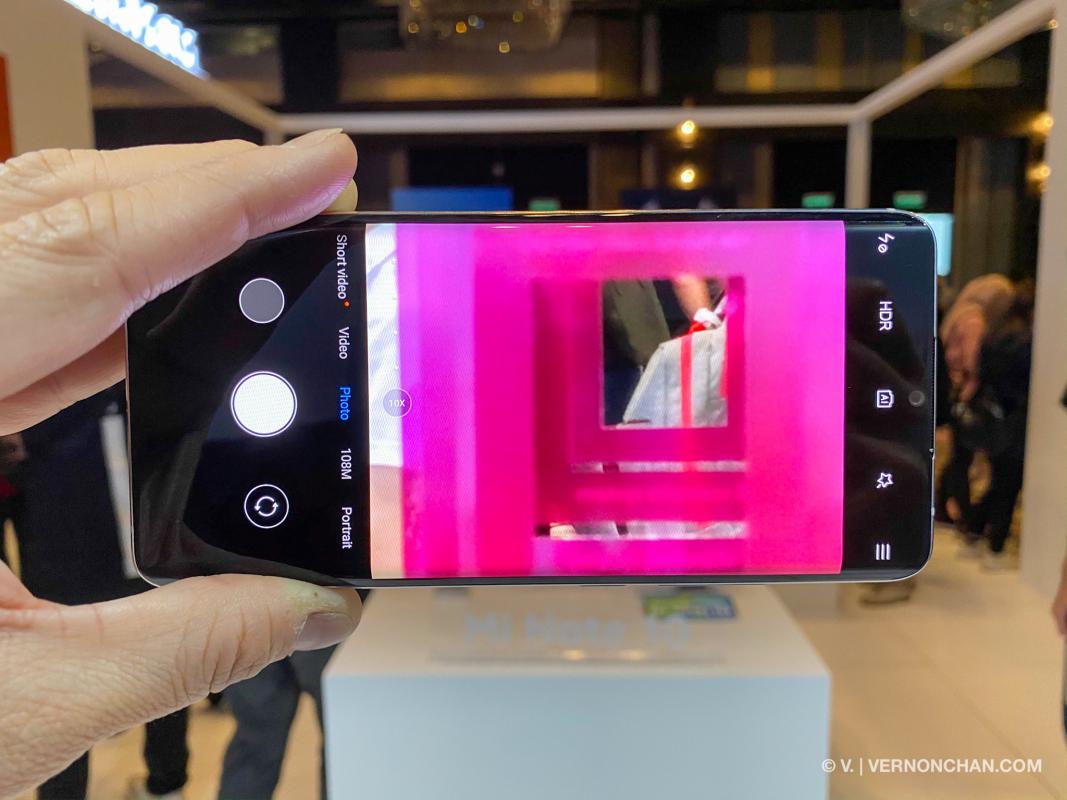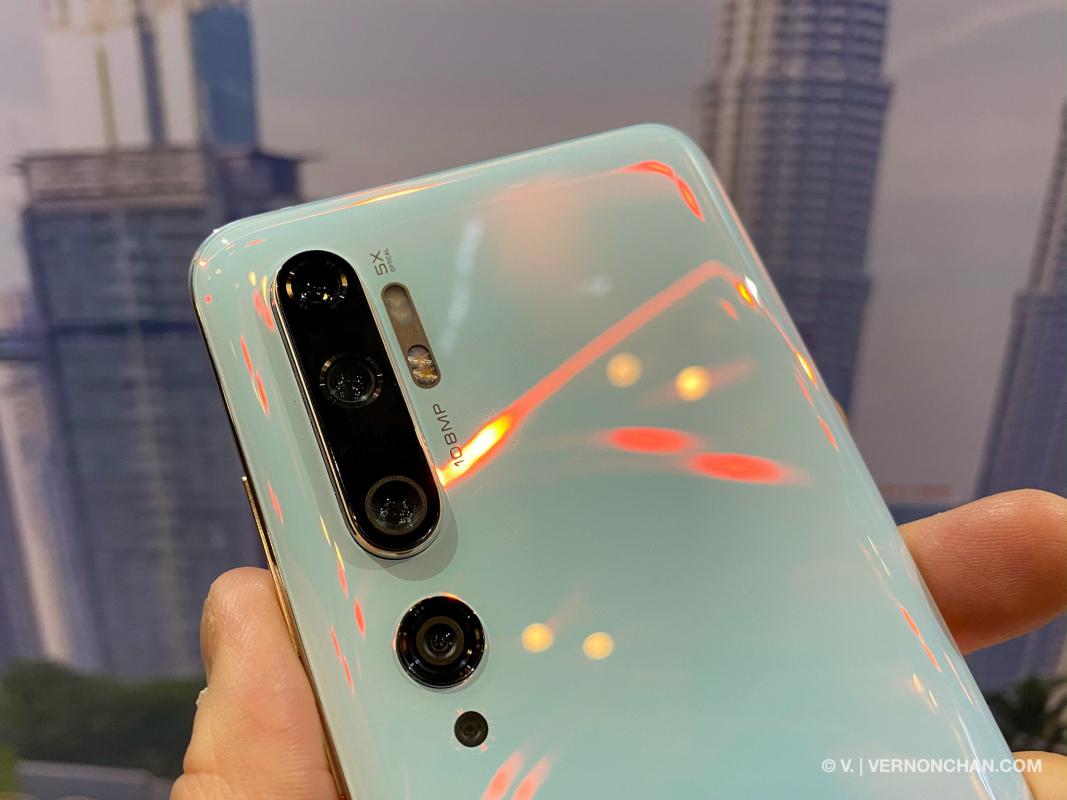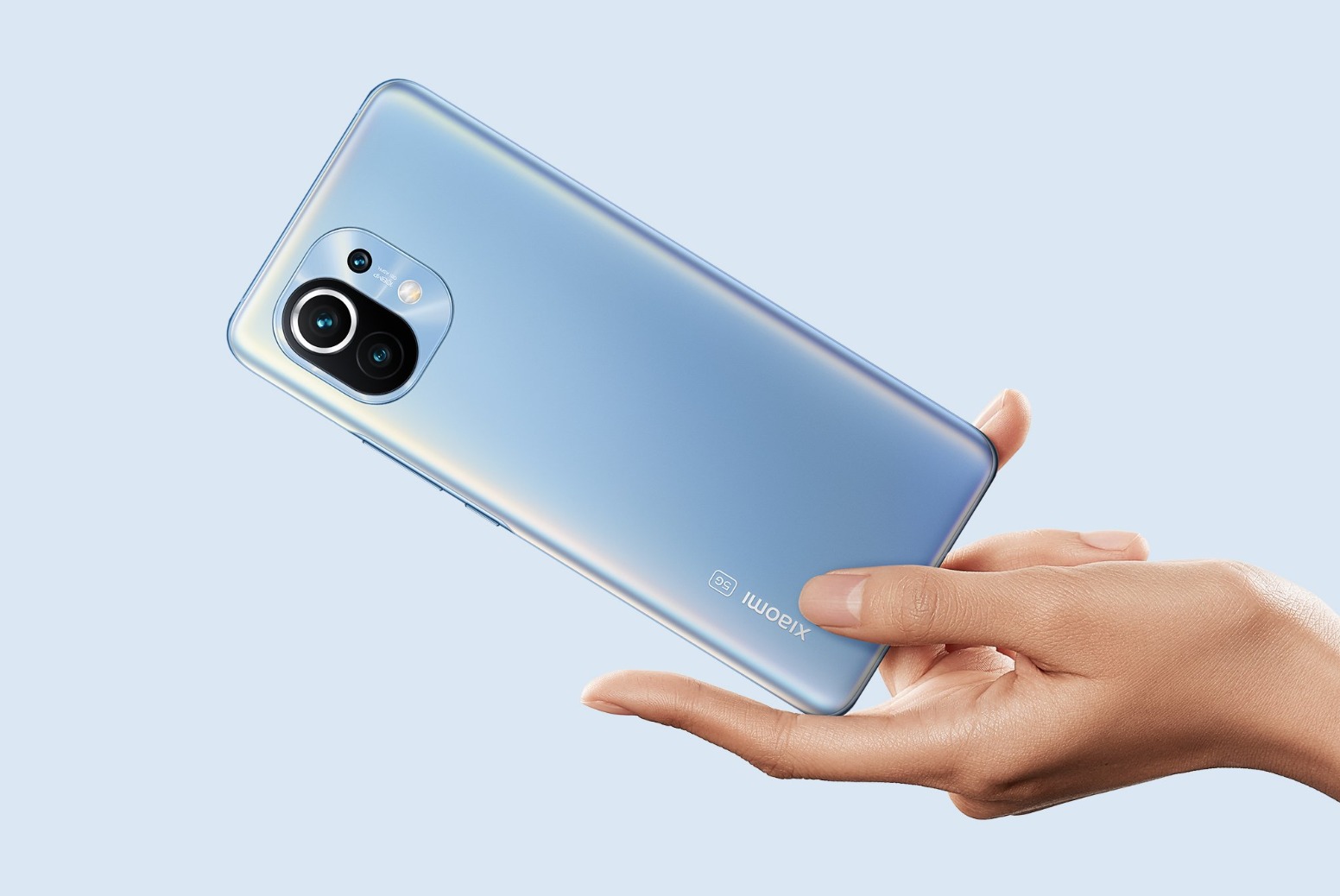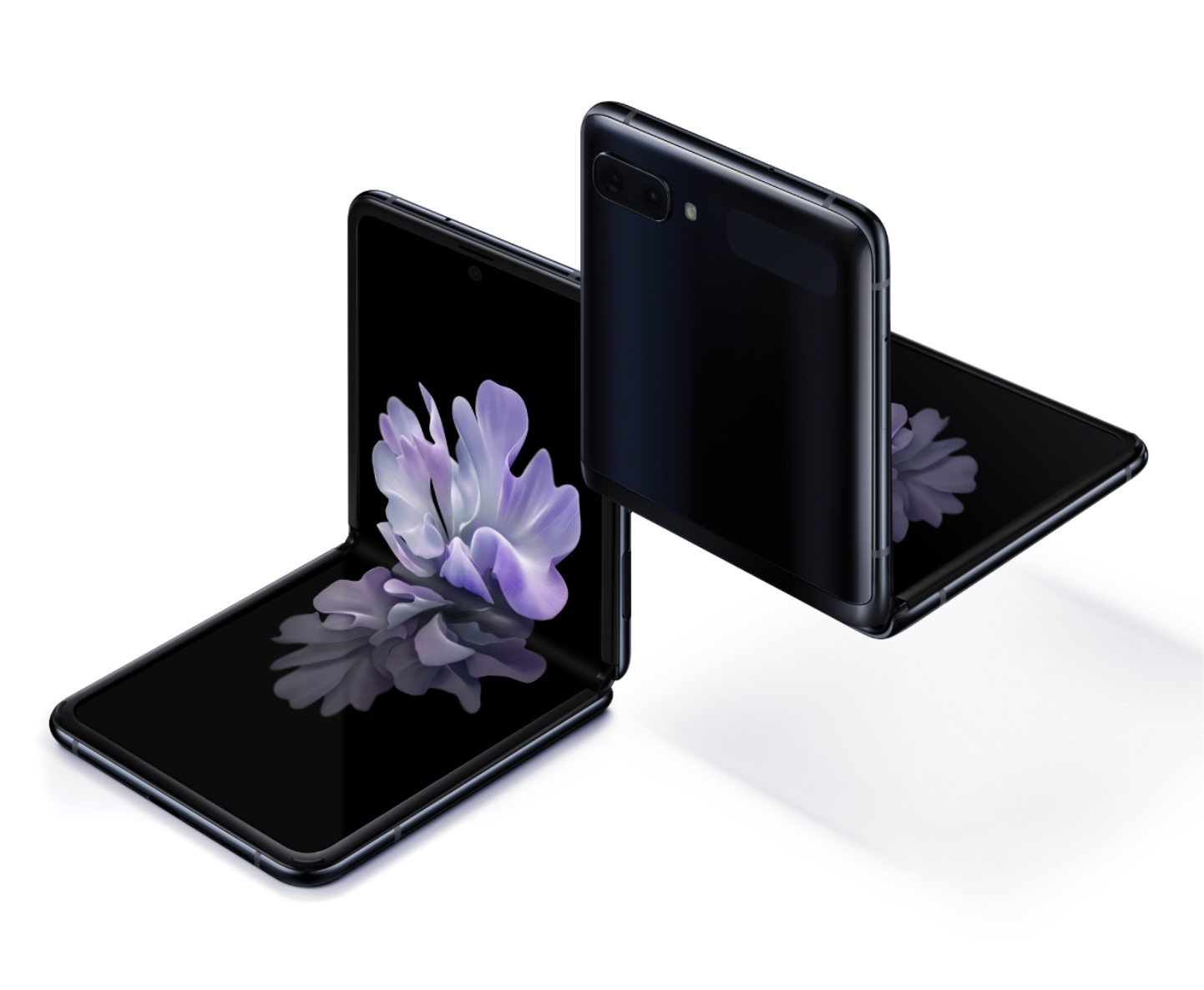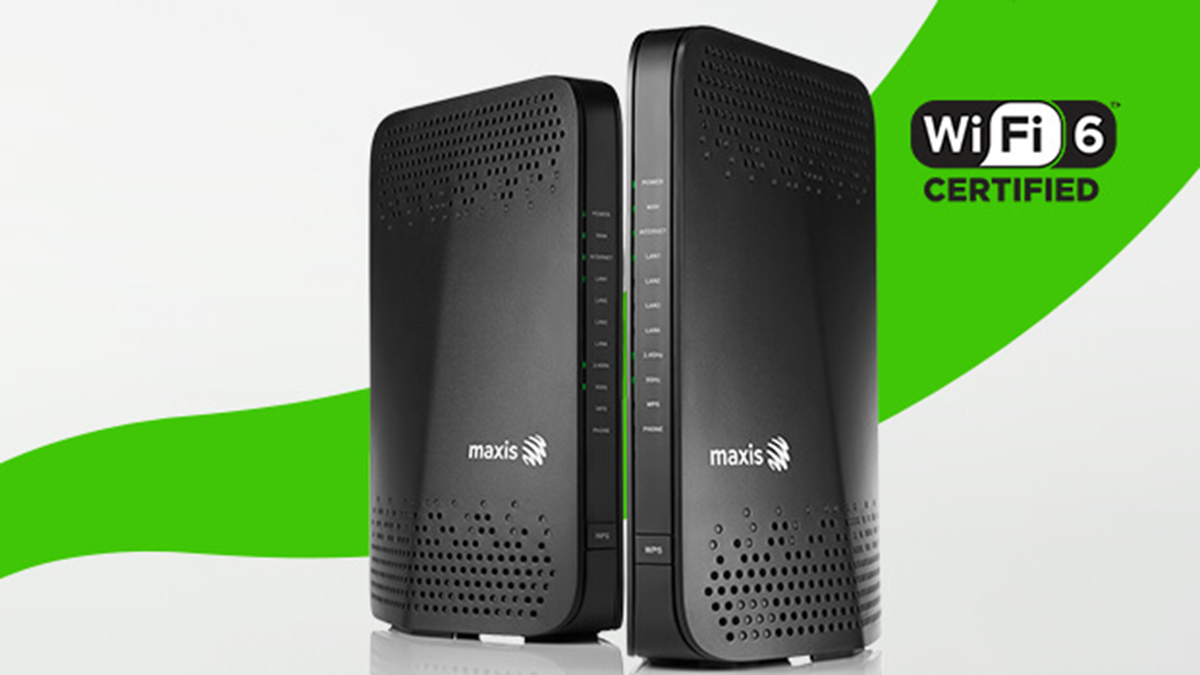When it comes to photography, experts will tell you megapixels aren’t everything. Yet, consumers tend to lap up pixels generously thrown at them from smartphone makers. It wasn’t too long ago when we were blown away from single 8MP sensors on mobile devices. The current crop of smartphones have already breached 48MP 64MP, not limited to flagship devices. Whichever way you look at it, the megapixel race isn’t going to stop any time soon. As the saying goes, if you can’t beat them, join them? Well, embracing a whole lot of megapixels is Chinese smartphone powerhouse Xiaomi. Its latest device—the flagship Mi Note 10 series comes in with an epic 108MP sensor, with five cameras to boot.
Why would we need 108 million pixels? Simple: Details and better low-light shots. At least that’s what Xiaomi is selling you.
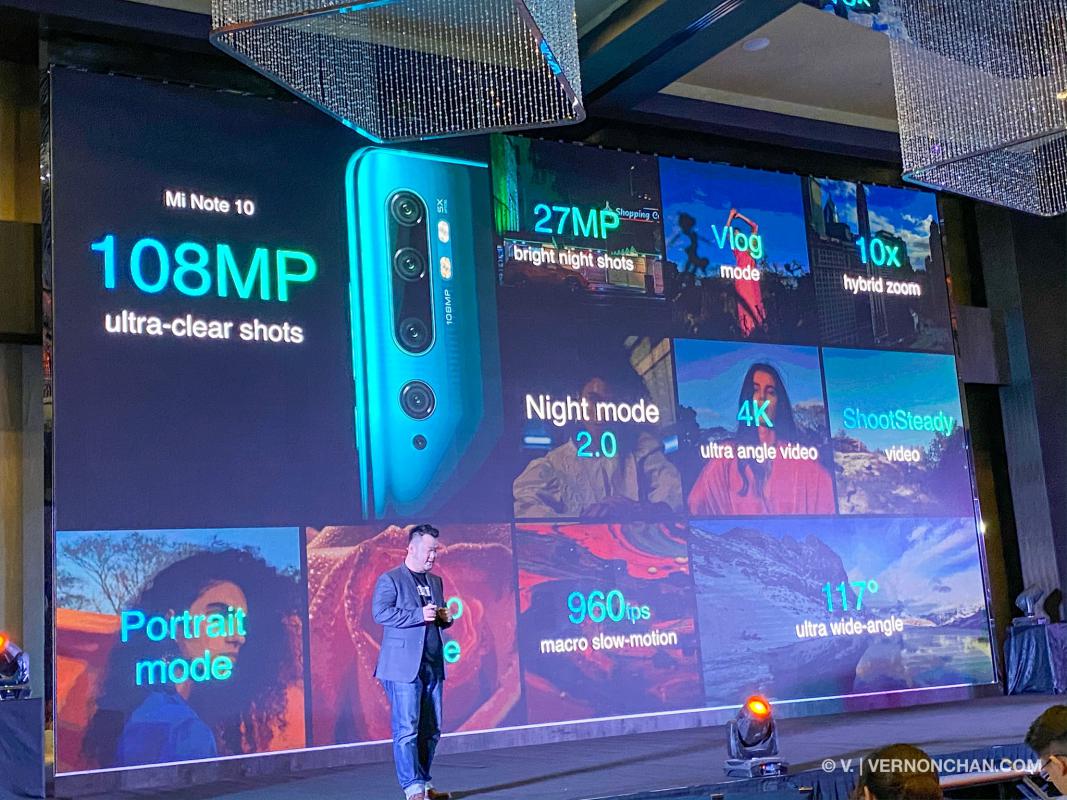
Fundamentally, to capture a good photo, what you need is a couple of things: good light, good glass (i.e. lens) and a good (big) sensor. It’s all about capturing as much light and detail as you can at the source. A good lens, in this case on the Mi Note 10, is either a 7- or 8-element lens, that directs light to the sensor. The bigger the sensor (i.e. a bigger surface area), the more light it can possibly receive.
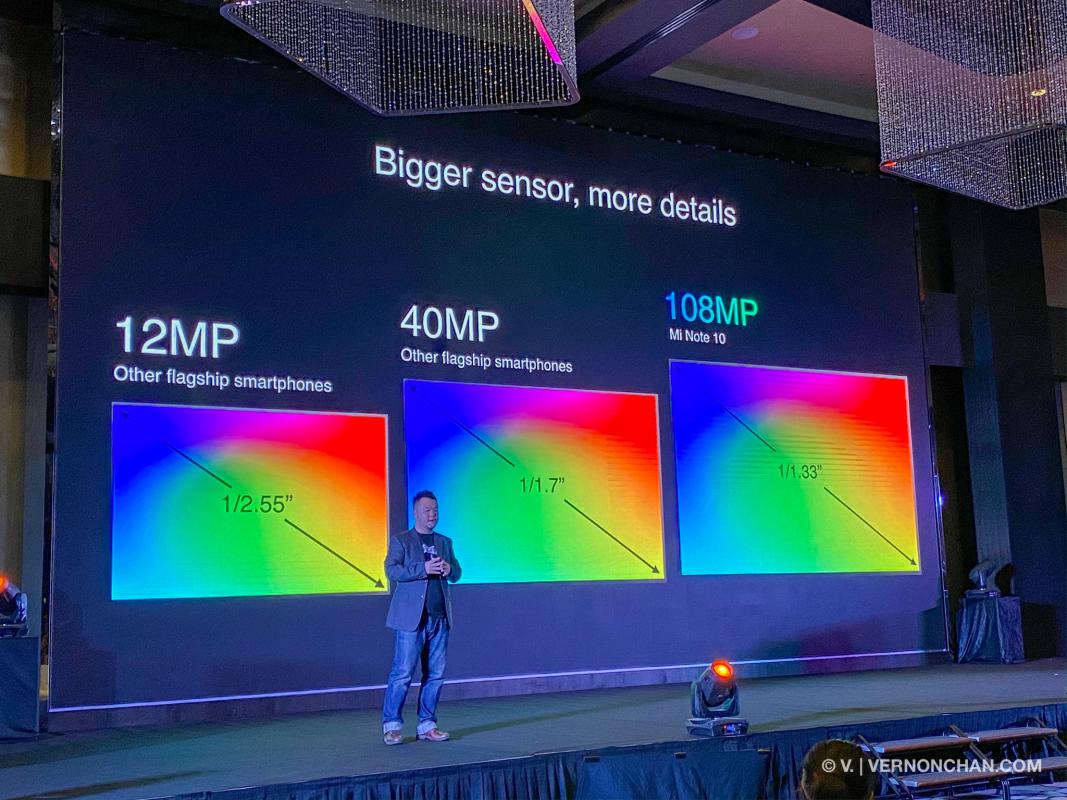
The Mi Note 10’s 108MP Samsung ISOCELL sensor, at 1/1.33-inch, is the largest sensor ever featured in a smartphone. The f/1.69 aperture lens can capture images up to 12032×9024 pixel resolution, shaming even some DSLR cameras. You can choose to capture and output 108MP ultra-high resolution photos, or take stunning low-light shots. For low-light photography, the camera uses 1.6-pixel-size 4-in-1 Super Pixel technology to produce 27MP images. New to any Xiaomi smartphone, the Mi Note 10 Pro can also output images in RAW format, at 27MP.
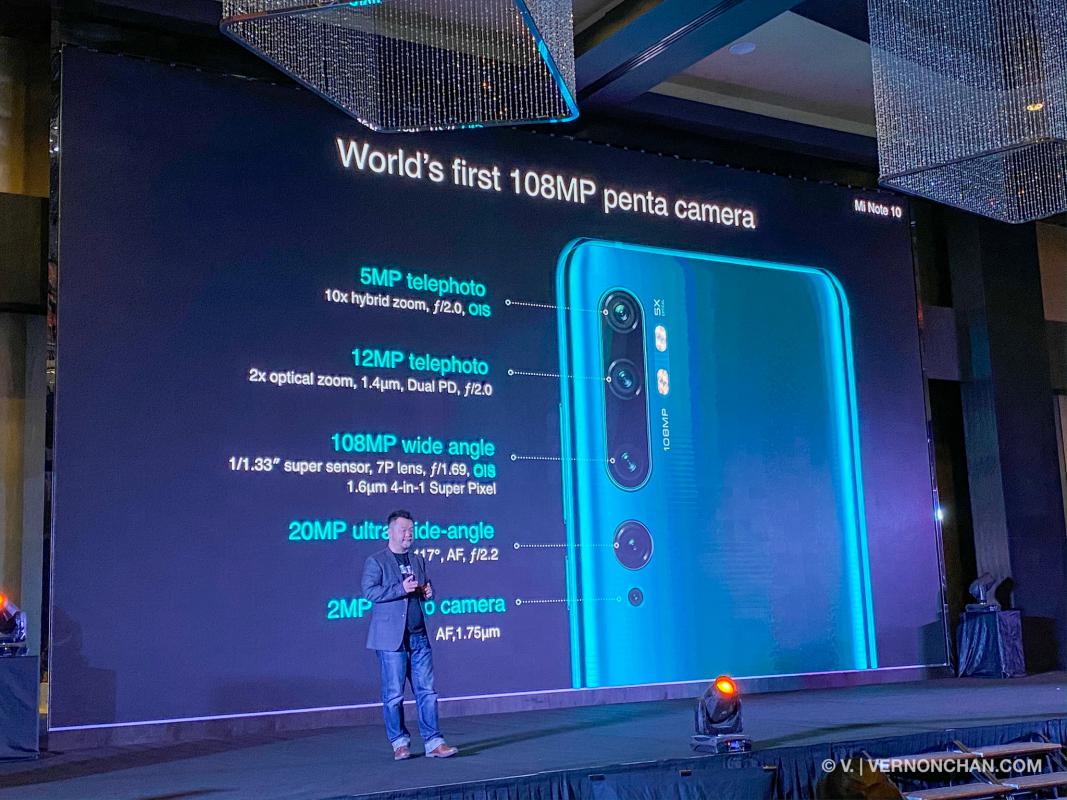
What’s also impressive is the Mi Note 10 Pro’s “all-scenario” penta camera imaging system consisting of the main 108MP wide-angle camera with OIS, 12MP f/2.0 1.4-pixel size telephoto camera (2x zoom for portraits), 5MP f/2.0 telephoto lens with OIS (10x hybrid zoom, 50x digital zoom), 20MP f/2.2 ultra-wide-angle lens camera, and 2MP 1.75-pixel-size macro camera. The camera system is integrated with dual soft light and dual LED flash.
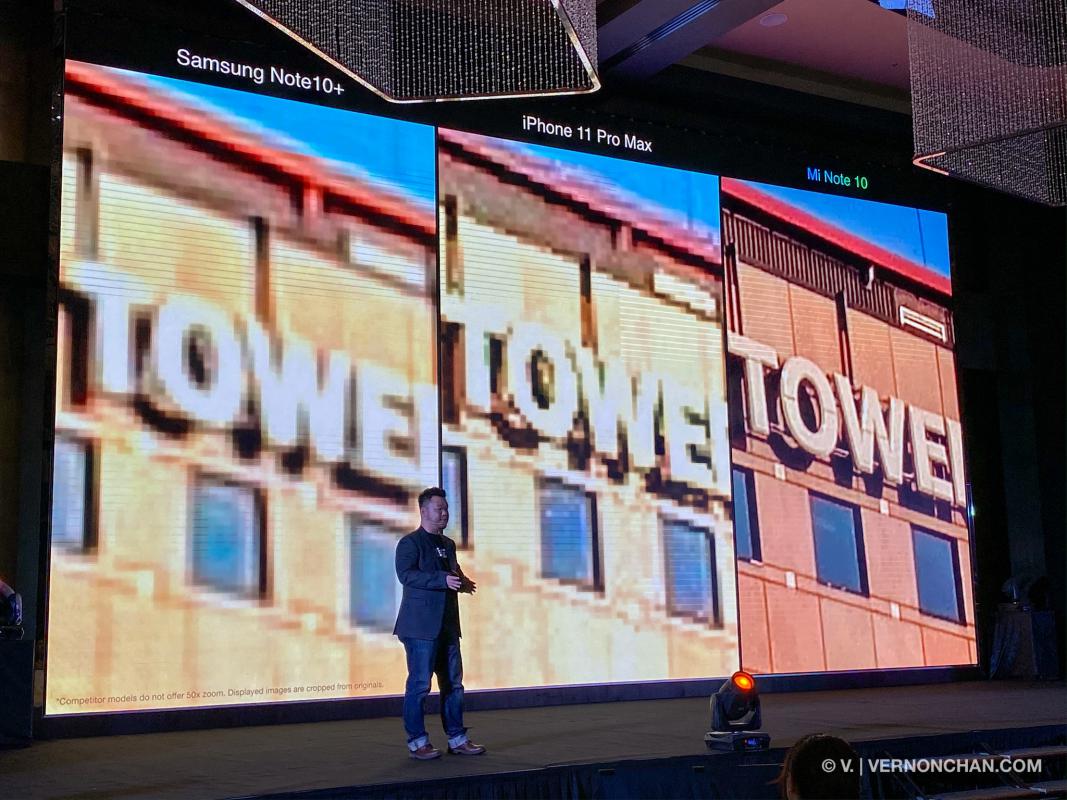
With the new penta camera system, Xiaomi is touting the Mi Note 10’s epic zoom range (0.6x to 50x). On paper, this does look impressive, rivaling the likes of the Huawei Mate 30 Pro and OPPO Reno2.

Xiaomi has introduced some new software enhancements and features to support the new camera system including Night Mode 2.0, 4K ultra wide angle video, ShootSteady Video, a Vlog mode, and 960fps macro slow motion.
Judging from some of the sample images and footage I’ve seen, the Mi Note 10’s camera system does look promising.
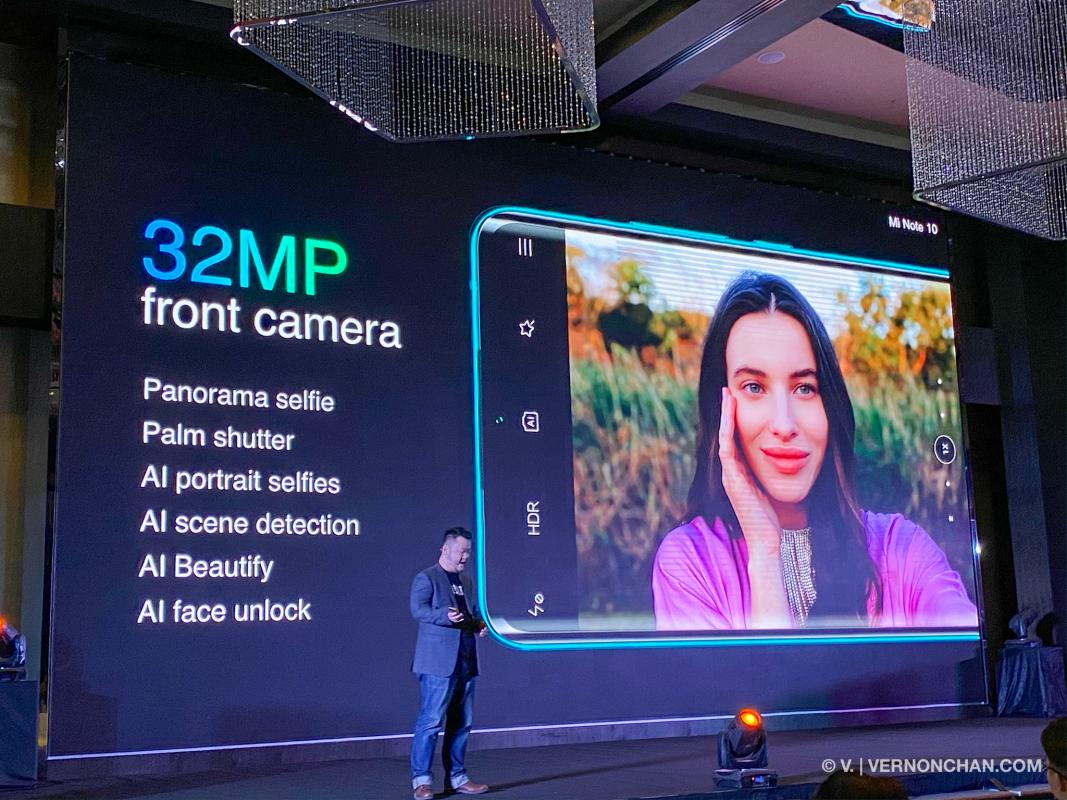
On the front is a 32MP AI selfie camera with 1.6-pixel-size 4-in-1 Super Pixel and a f/2.0 aperture lens. It offers the usual AI-enhanced modes like AI Portrait Selfies, AI Scene Detection, panorama selfie, as well as palm shutter.
Aside from the 7- and 8-element lens, and memory configuration, the Mi Note 10 and Mi Note 10 Pro are identical.
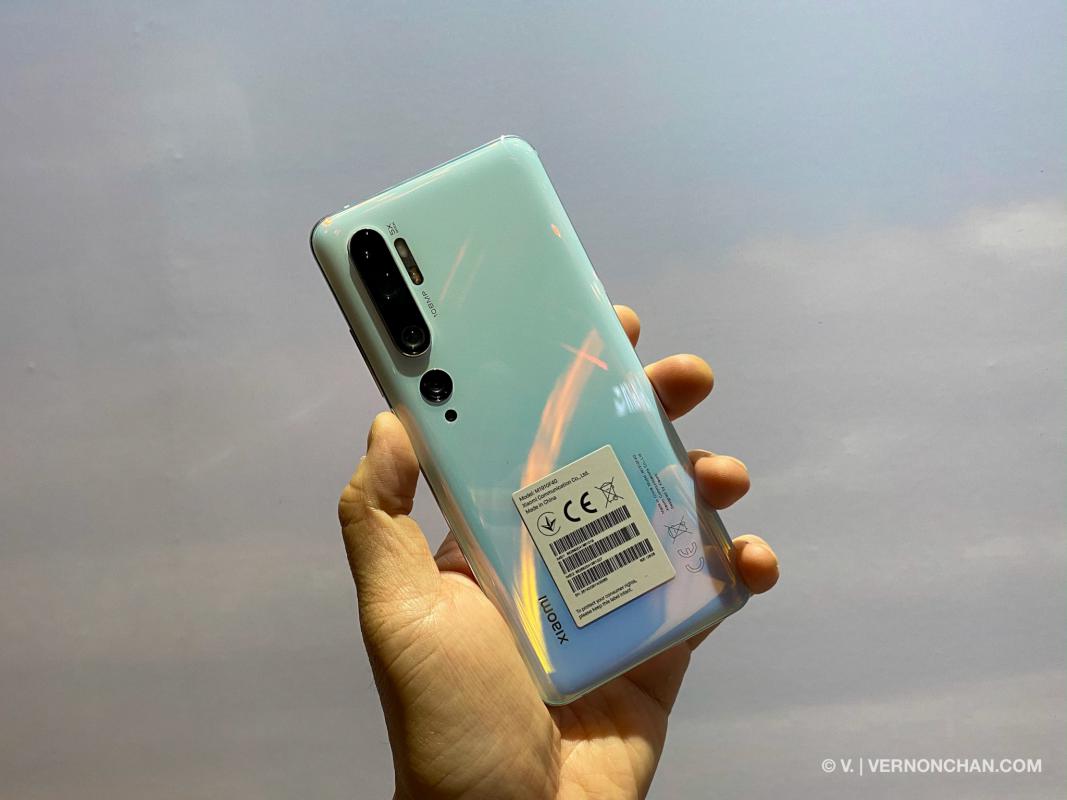
Under the hood, the Mi Note 10 series uses the mid-range 8nm Qualcomm Snapdragon 730G chipset. The regular Mi Note 10 comes in a 6GB RAM + 128GB of storage configuration while the Pro version offers 8GB RAM + 256GB of storage.
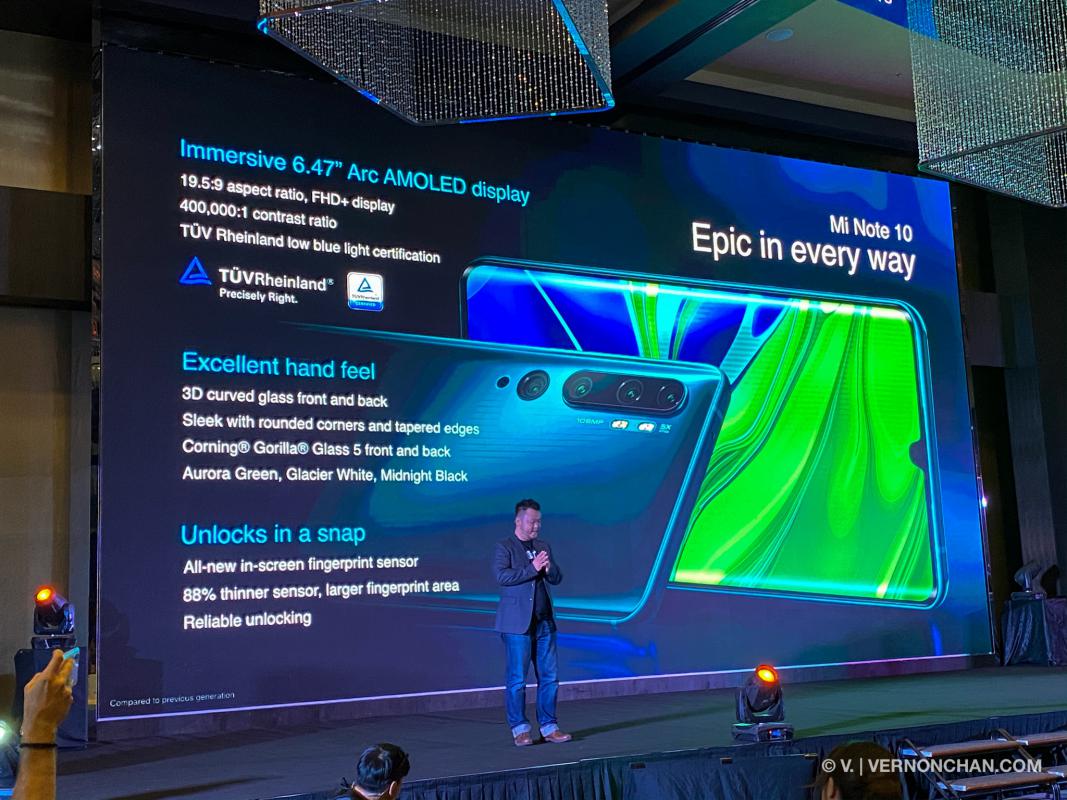
Housed in a beautifully sculpted 3D glass body is a 6.47-inch 3D curved AMOLED edge-to-edge display which also integrates an in-screen fingerprint sensor. The device comes in Midnight Black, Aurora Green, and Glacier White.
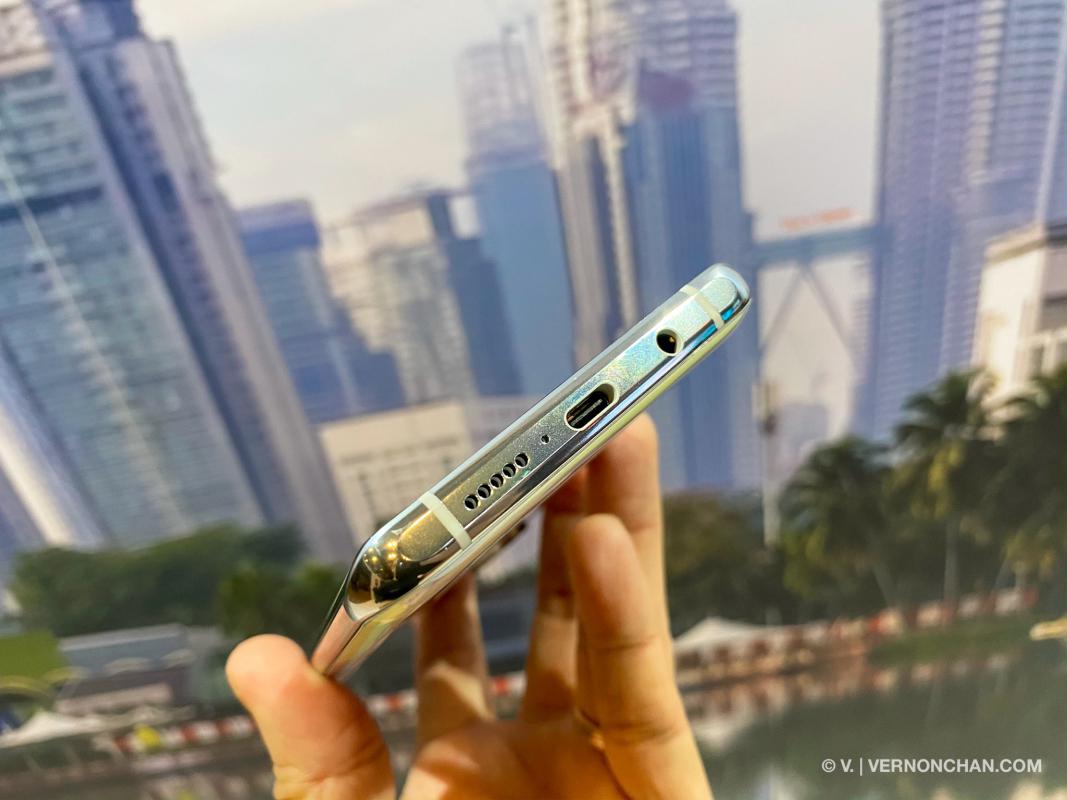
Keeping things juiced is a massive 5,260mAh battery that supports 30W fast charge via its USB-C port. Xiaomi includes a 30W fast charging brick in the box.
The device also comes integrated with NFC, an IR blaster, 3.5mm headphone jack and supports Hi-Res Audio although disappointingly, only offers a mono bottom-firing speaker.
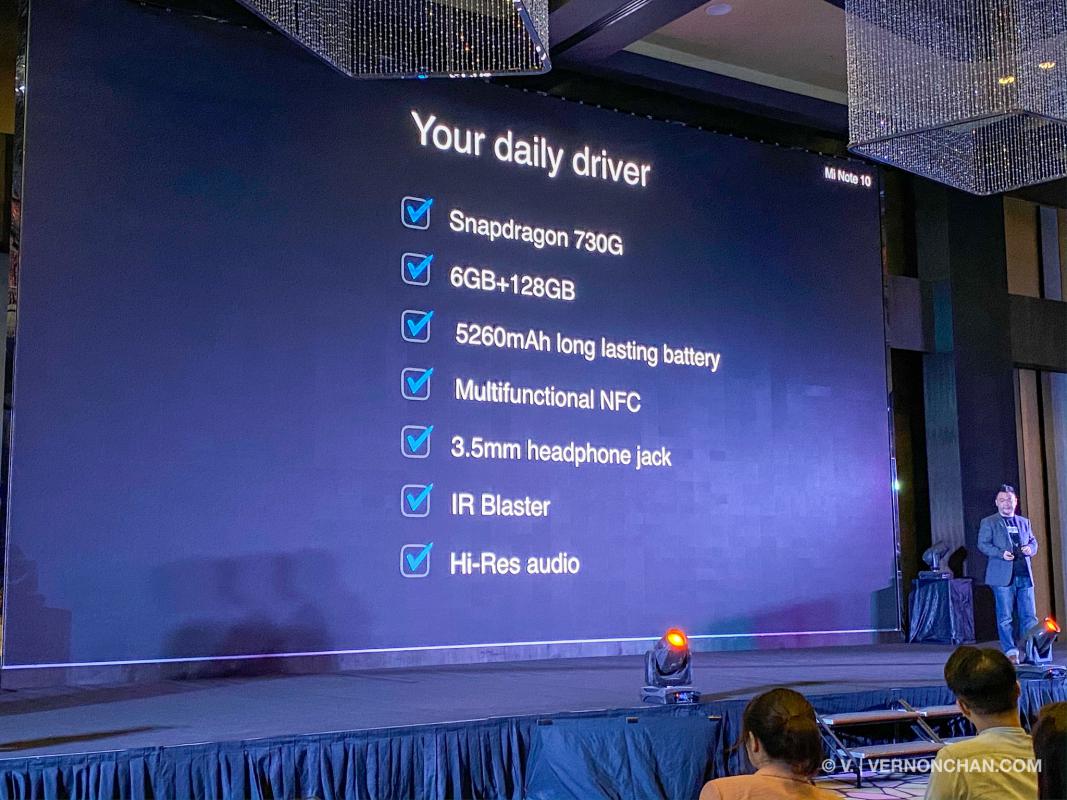
The Mi Note 10 runs the latest MIUI 11, which brings a barrage of innovation and new features including an Always-on display, Dark Mode, Full-screen gestures, a new award-winning nature-inspired sound system, Mi Share, a new system-level tool for managing tasks, wireless printing, and much more. The MIUI 11 interface is also cleaner, more streamlined, and simpler.
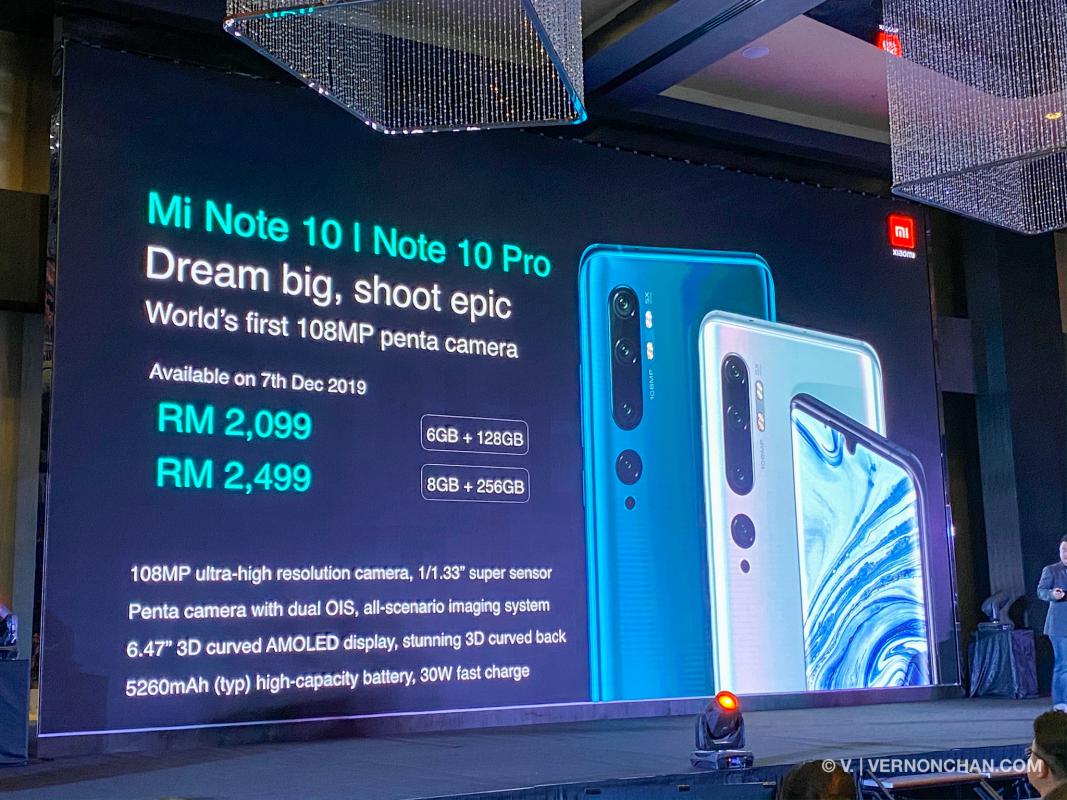
Pricing and availability
The Mi Note 10 retails for MYR2,099 while the Mi Note 10 Pro is priced at MYR2,499. It will go on sale starting 7 December 2019 at all Mi Stores. For early birds who purchase the Mi Note 10 between 7-15 December, they will stand to receive a Purchase-with-Purchase (PWP) coupon of MYR100 off a Mi Store product, while Mi Note 10 Pro buyers will get the MYR100 off PWP coupon as well as free 12-months screen replacement.
